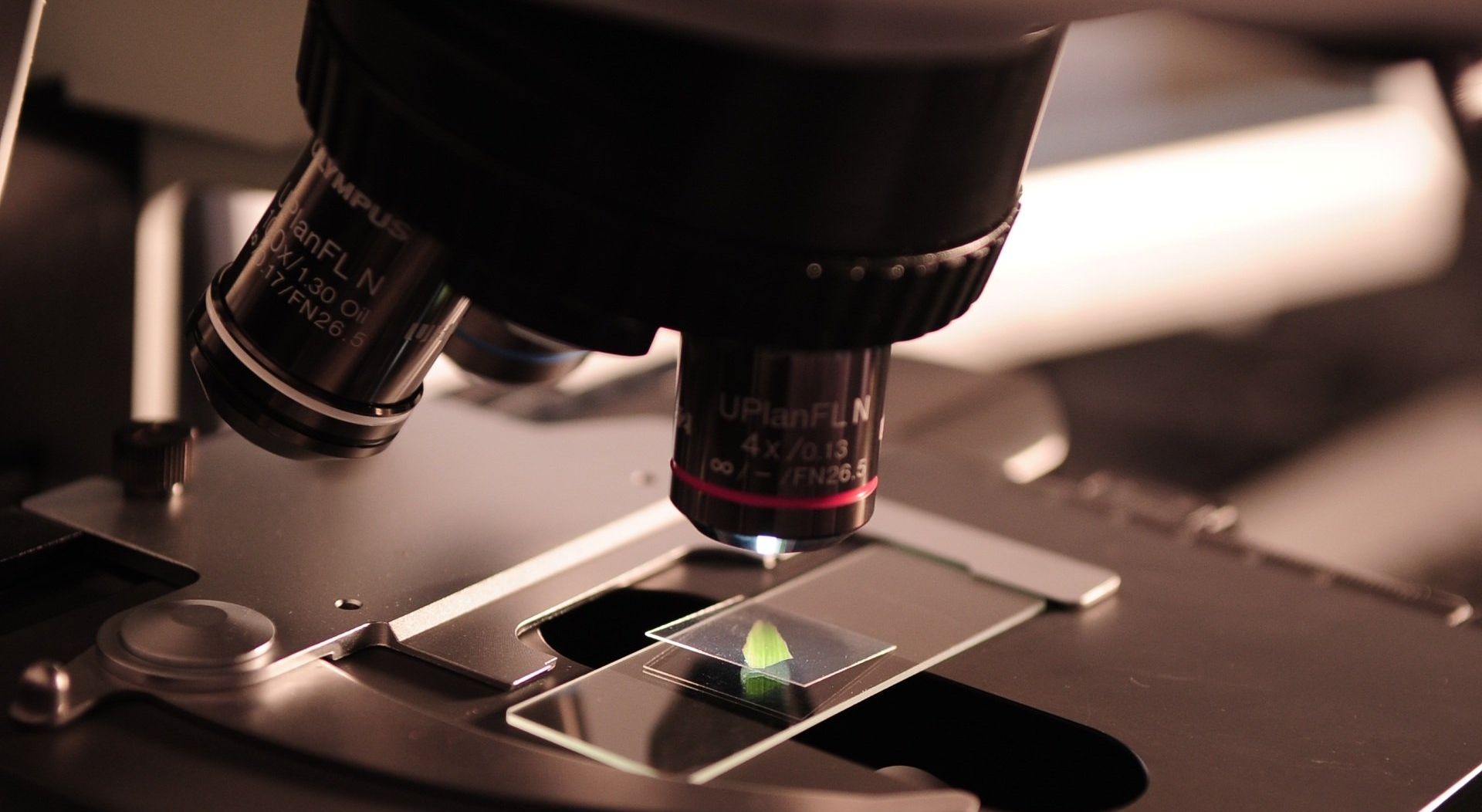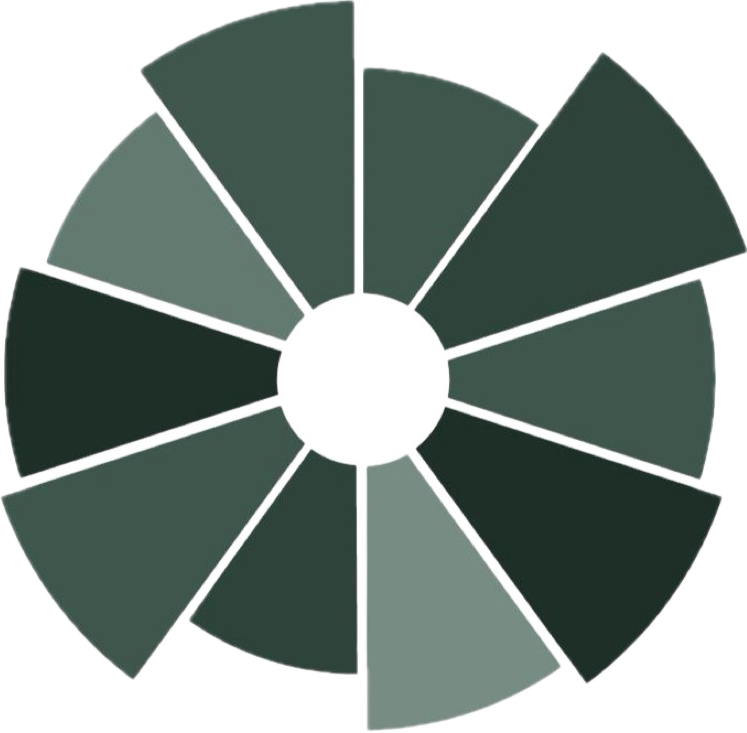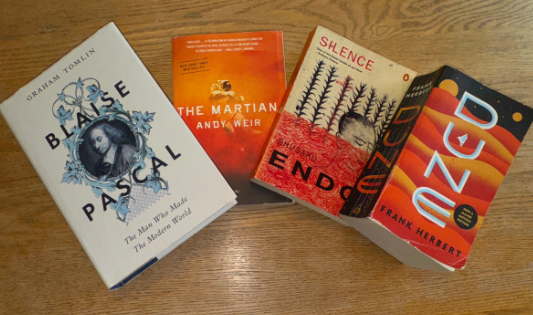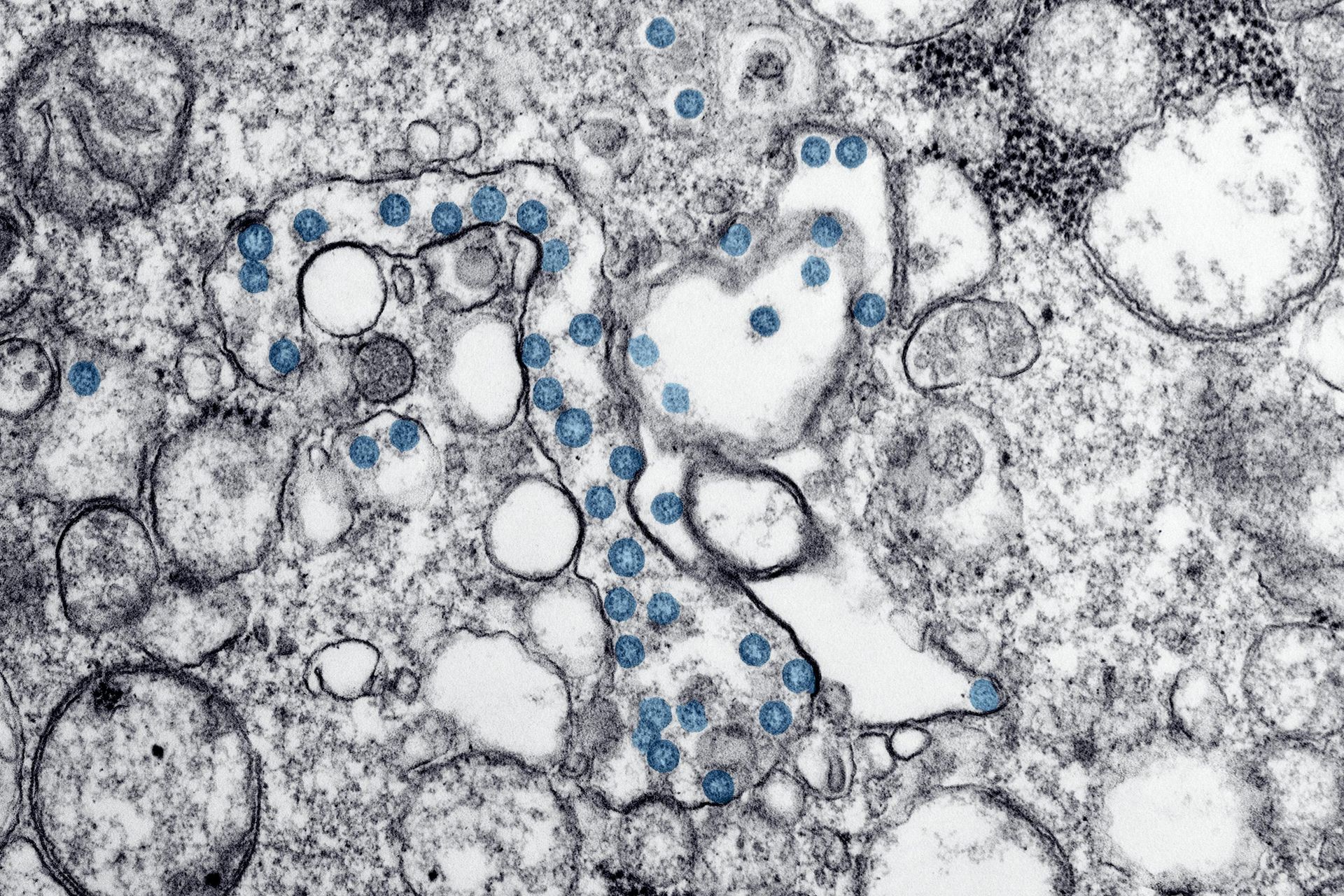New break-through in eye disease treatment from the University of Waterloo

Blog vol 4.12. New break-through in eye disease treatment from the University of Waterloo
In 2018 Donna Strickland at the University of Waterloo won the Nobel Prize in Physics for her work with lasers.
University of Waterloo researchers are breaking ground again, this time in pharmacy, with the development of a new class of drugs for treatment in eye disease. These drugs use a new protein that works with the Wnt-signaling network to help repair damaged blood vessels in the eye.
Off I go to Google and PubMed to research this topic. Not so easy. It is very involved molecular medicine.
“Wnt proteins act as intercellular signals which regulate the proliferation of cells.” This is the definition provided by the Wnt network homepage from Stanford University.
I have read a good number of suspense novels, and I can tell you that one way to solve mysteries is to follow the money. In this case, we need to follow the molecules. Scientists have known about the Wnt signalling network for some time. This system works with stem cells and is involved in the embryonic development of organisms, specifically, how the tissues are developed. Abnormal signals or proteins produced by the signalling network can result in cancers or other malformations.
So, we need to find a way to create proteins that use the Wnt network to signal beneficial changes. Dr. Sachdev Sidhu, working in collaboration with Waterloo’s School of Pharmacy, has developed such as protein. This protein enters a cell through fizzled (yes, fizzled) receptors and by a series of changes results in a new substance, ß-catenin, which enters the nucleus and eventually works with Wnt genes, another part of the network (read more here). These genes are activated to help build up blood vessel integrity in the eye which is super-important in wet macular degeneration and diabetic retinopathy.
In Wet Macular Degeneration the body produces too much VGEF, Vascular Endothelial Growth Factor, which encourages new vessel growth in the eye. This results in a proliferation of vessels which unfortunately are poor in quality. The best treatment currently is AntiVGEF injections into the eye to control VGEF production and prevent vision loss.
Ideally, we could stop the process further upstream and prevent the over-production of VGEF in the first place. This Wnt-signaling protein is in clinical trials and looks like it just might be able to do that.
‘til next week,
the good doctor






